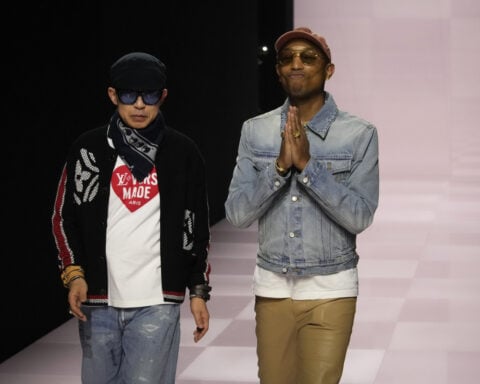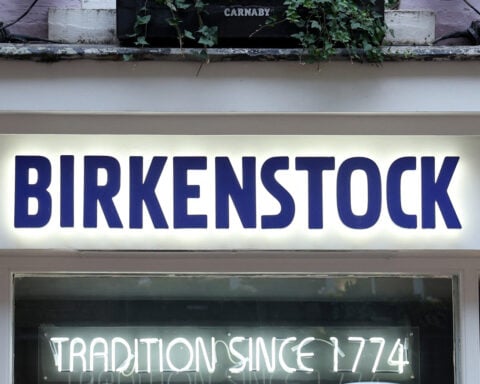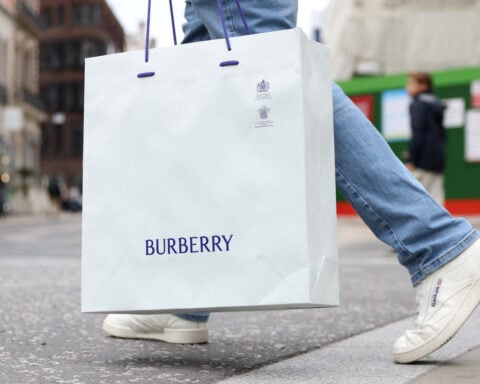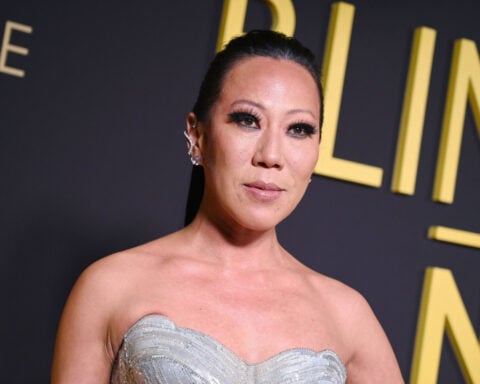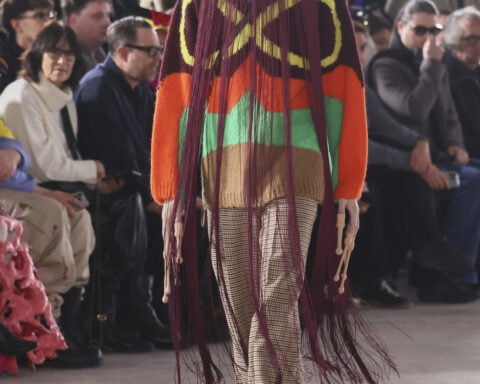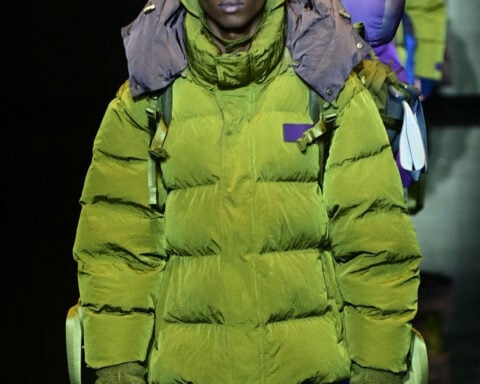A growing number of tweens and young teens are seeking expensive skincare products, driven by social media influence, even as medical experts warn about potential risks to young skin. Last year, Gen Alpha spent $4.7 billion on skincare and makeup, surpassing all other age groups, according to market research firm AYTM.
The trend has caught the attention of both parents and healthcare professionals. In New Jersey, Will Rosebro discovered his 10-year-old daughter requesting a $17 Bubble Skincare Water Slide hydration-boosting serum for the holidays, not because she needed it, but because it “felt nice” when she tried it at a friend’s house.
“I tried to explain to her that she is being marketed to by YouTubers who cosmetics companies are paying, but she refuses to believe me,” Rosebro said.
The phenomenon, dubbed “Sephora Kids,” has raised concerns about preteens purchasing expensive and age-inappropriate skincare products promoted on social media platforms. These young consumers often experiment with product testers at cosmetic retailers Sephora and Ulta, leading to broader discussions about product safety and age-appropriate skincare.
California lawmakers have responded to these concerns with new legislation. Starting Jan. 1, the state will prohibit children under 13 from purchasing skincare products containing antiaging active ingredients such as retinoids.
Medical professionals emphasize that young people naturally produce abundant collagen, a protein responsible for skin strength and elasticity. According to Atlanta-based dermatologist Tiffany Clay-Ramsey, tweens do not require antiaging ingredients, hydroxy acids, or topical vitamin C, as these can compromise their skin barrier.
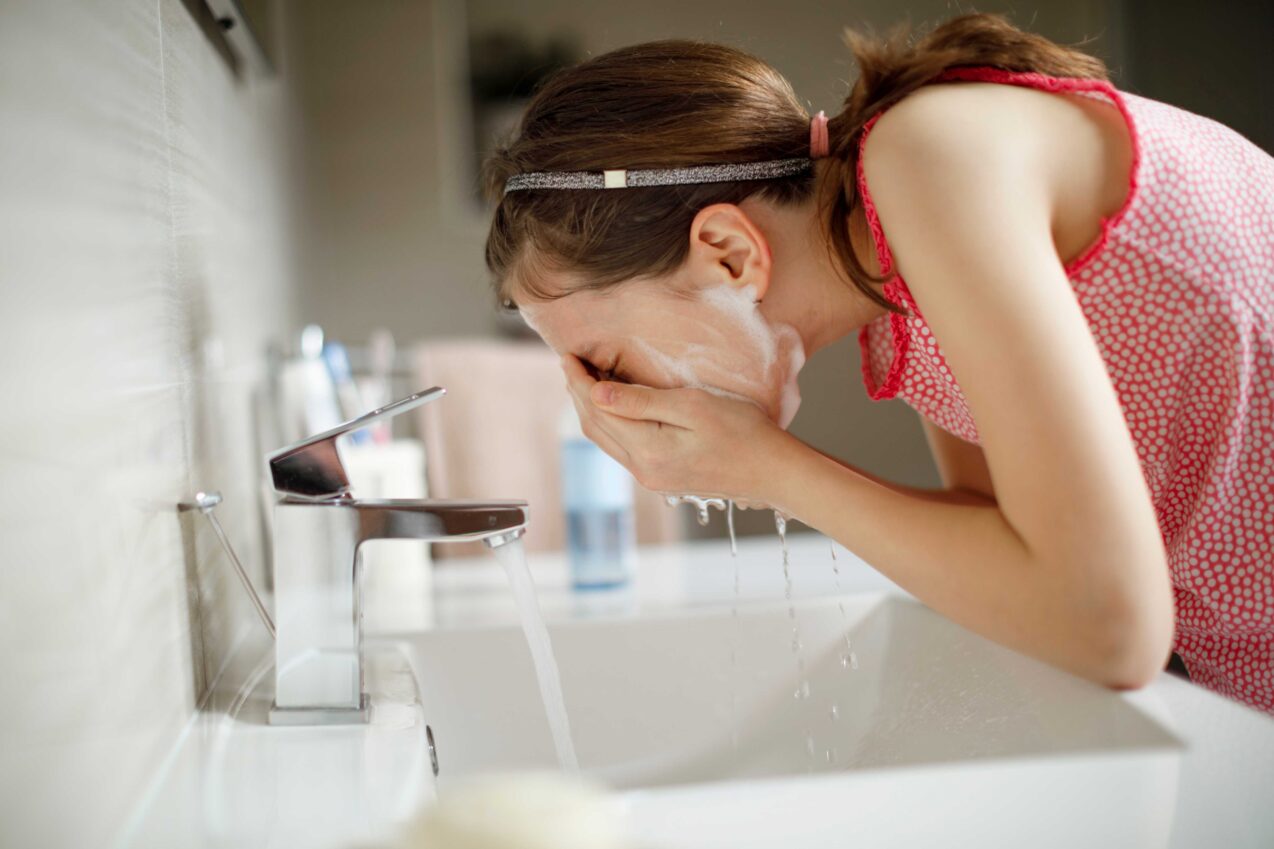
Adam Friedman, a Washington, D.C. dermatologist and professor at George Washington University School of Medicine and Health Sciences, explains the risks. “Peeling away that thinner skin barrier opens the skin to assault from possible pathogens like bacteria, fungi, irritants, and allergens,” he said.
Joshua Zeichner, associate professor of dermatology and director of cosmetic and clinical research at Mount Sinai Hospital in New York, notes that many products can increase sun sensitivity. This poses particular risks for children who may not regularly use sunscreen, potentially leading to severe sunburns and an increased likelihood of skin cancers in adulthood.
Dermatologists recommend a simple skincare routine for tweens: gentle cleanser, unscented moisturizer, and sunscreen. For those seeking additional products, experts advise carefully reading labels and avoiding items with certain marketing terms.
Products labeled as “brightening” or “glowing” often contain exfoliating ingredients that can harm young skin. Terms like “clarifying,” “balancing,” and “purifying” typically indicate the presence of active ingredients such as sulfur, benzoyl peroxide, and salicylic acid, which should only be used under dermatological supervision if needed for acne treatment.
Cambridge, Massachusetts dermatologist Ranella Hirsch observes that young people often worsen their skin conditions through overuse. “I tend to see [young] people making their acne worse by overdoing it with too much product and too many products,” she said.
Hirsch added, “Parents will spend an absurd amount of money for products that will do little to help their child’s skin, and many of these products can irritate young skin.”
For parents considering giving tween skincare gifts, experts recommend looking for products with gentle ingredients like squalane, colloidal oatmeal, ceramides, arnica, and shea butter. These ingredients can nurture young skin without causing damage.
While using inappropriate products can cause temporary skin irritation, Zeichner notes that permanent damage is unlikely. He adds that many tweens desire these products primarily for their aesthetic appeal. “They want to look at it on their shelves. Think of it like a throw pillow,” he said.

 United Airlines CEO calls pullback in domestic seats a durable trend
United Airlines CEO calls pullback in domestic seats a durable trend
 Discover Financial fourth-quarter profit jumps on lower loan loss provisions
Discover Financial fourth-quarter profit jumps on lower loan loss provisions
 Volkswagen says 6% margin target for brand realistic in medium term, analyst says
Volkswagen says 6% margin target for brand realistic in medium term, analyst says
 Bain matches CC Capital's offer for Australia's Insignia Financial at $1.92 billion
Bain matches CC Capital's offer for Australia's Insignia Financial at $1.92 billion
 White House summarizes Trump orders this week suspending entry at border
White House summarizes Trump orders this week suspending entry at border
 Alaska Air beats Q4 profit estimates, sees smaller Q1 loss on robust travel demand
Alaska Air beats Q4 profit estimates, sees smaller Q1 loss on robust travel demand
 Patrick Mahomes on whether NFL officials favor the Chiefs: 'The referees are doing their best'
Patrick Mahomes on whether NFL officials favor the Chiefs: 'The referees are doing their best'
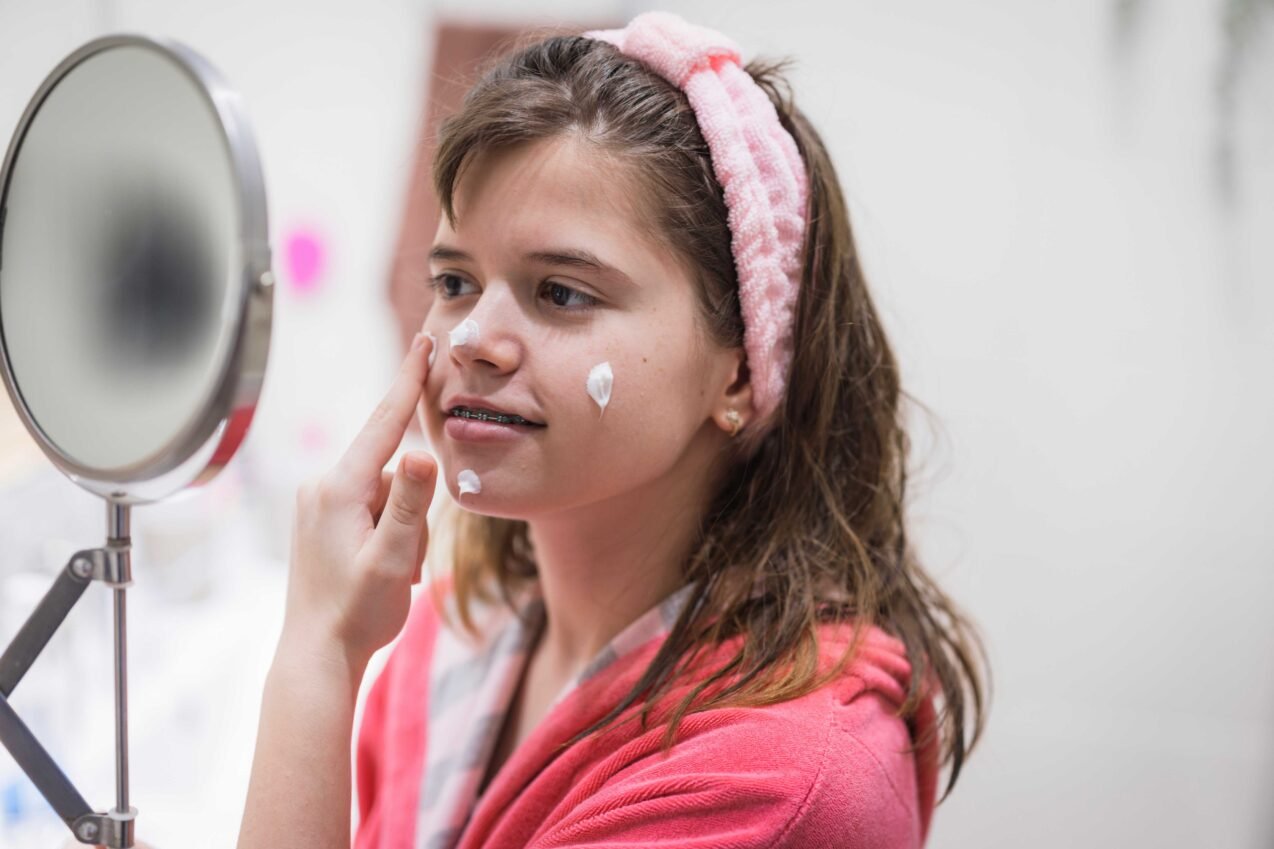 Explore the growing tween skincare trends as Gen Alpha's spending surges. Experts caution against potential risks of using products on young skin.
Explore the growing tween skincare trends as Gen Alpha's spending surges. Experts caution against potential risks of using products on young skin.
